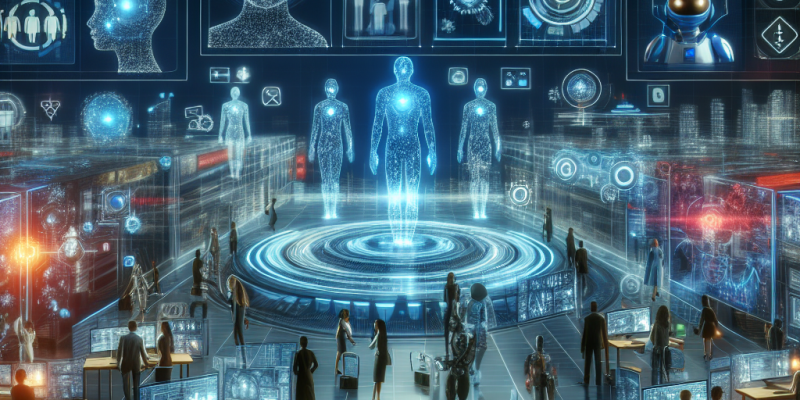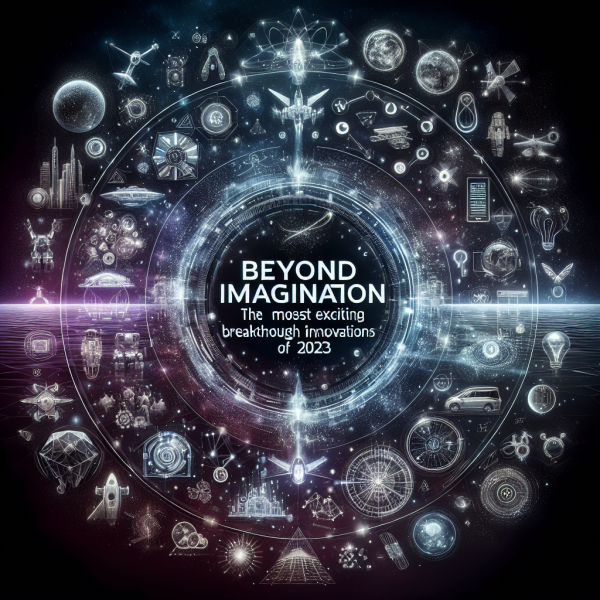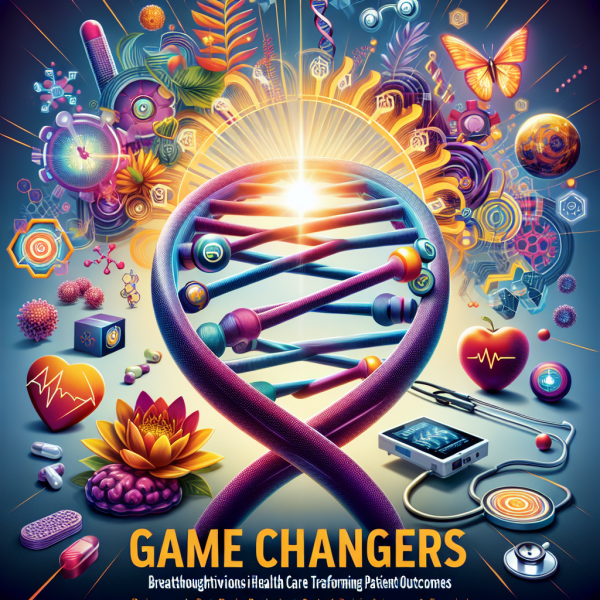The Future of Work: How Tech is Redefining Employment in 2024

As we step into 2024, the landscape of employment is undergoing a remarkable transformation, driven predominantly by technological advancements. The integration of artificial intelligence (AI), automation, remote work technologies, and data analytics is reshaping not only how we work, but also what it means to have a job in today’s world. Companies, employees, and job seekers are adapting to a new set of realities that necessitate flexibility, innovation, and a forward-thinking mindset.
The Rise of AI and Automation
Artificial intelligence has become a cornerstone of operational efficiency across various sectors. In 2024, businesses are utilizing AI to automate routine tasks, streamline workflows, and enhance decision-making processes. For instance, AI-driven chatbots are revolutionizing customer service by providing instant assistance and freeing human employees to focus on more complex issues that require emotional intelligence and critical thinking.
Moreover, industries such as manufacturing, logistics, and even healthcare are witnessing a significant reduction in manual labor due to automation technologies. Robotic process automation (RPA) is managing repetitive tasks, allowing the workforce to pivot towards higher-value functions that demand creativity and analytical skill. This shift is not just an effort to cut costs; it’s a strategic alignment with the growing importance of agility and flexibility in operations.
The Remote Work Revolution Continues
The pandemic era fundamentally altered the concept of work, paving the way for a remote work culture that has now become entrenched. In 2024, companies are increasingly adopting hybrid work models, enabling employees to split their time between remote work and in-office presence. This flexibility is not merely a trend; it represents a long-term change in how organizations structure their teams.
Remote work tools have advanced significantly, with platforms for collaboration, project management, and virtual communication becoming indispensable. Integration of augmented reality (AR) and virtual reality (VR) technologies is enhancing remote collaboration by offering immersive experiences that mimic face-to-face interactions. Companies are now looking for talent without geographical limitations, broadening their pools to include specialists from around the world. This global workforce is fostering diverse ideas and perspectives, driving innovation across sectors.
Evolving Skill Demands and Lifelong Learning
As technology redefines work roles, the demand for new skills is rising sharply. Employers are increasingly prioritizing adaptability, digital literacy, and emotional intelligence over traditional credentials. The World Economic Forum predicts that by 2025, 85 million jobs may be displaced by a shift in labor between humans and machines, while 97 million new roles will emerge that are more suited to the new division of labor.
In response, corporate training and reskilling initiatives are gaining traction. Companies are investing in personalized learning experiences, with AI-driven platforms that analyze employee performance and tailor training programs accordingly. Furthermore, the concept of lifelong learning is gaining prominence, wherein professionals embrace continuous education to stay relevant in their fields. Online learning platforms, micro-credentials, and boot camps are becoming the go-to resources for skill enhancement.
The Gig Economy Evolution
The gig economy continues to flourish as more individuals seek flexibility and autonomy in their careers. By 2024, platforms facilitating freelance work and short-term contracts have become increasingly robust, offering a myriad of opportunities across industries. This shift is especially appealing to younger generations who value work-life balance and are less inclined to pursue traditional 9-to-5 roles.
However, with this freedom comes the challenge of financial instability and lack of benefits typically associated with full-time employment. As a response, there is a growing conversation around the need for better protections and benefits for gig workers. Policymakers are increasingly pressured to create regulations that ensure fair wages, health benefits, and retirement savings plans for this new workforce.
Redefining Job Satisfaction and Work Culture
In 2024, the definition of job satisfaction has broadened significantly. With the emergence of remote work and flexible schedules, employees are emphasizing work-life balance, mental health, and workplace culture more than ever. Organizations are recognizing that fostering a positive work environment can lead to higher productivity and employee retention.
Additionally, businesses are incorporating well-being initiatives into their cultures, with a focus on supporting mental health, providing a diverse and inclusive work environment, and encouraging work-life balance. Transparency, meaningful engagement, and purpose-driven work are becoming key factors in attracting and retaining talent.
Conclusion
The future of work in 2024 is characterized by rapid technological advancements, evolving work patterns, and a growing emphasis on employee well-being. AI and automation are reshaping job roles, remote work is entrenched in organizational culture, and there is a strong focus on continuous learning and adaptability. As the job market continues to evolve, it is essential for both businesses and employees to embrace change, foster innovation, and prioritize a human-centric approach to work. The integration of technology with the human touch will define the success of organizations and their workforce in the years to come.














